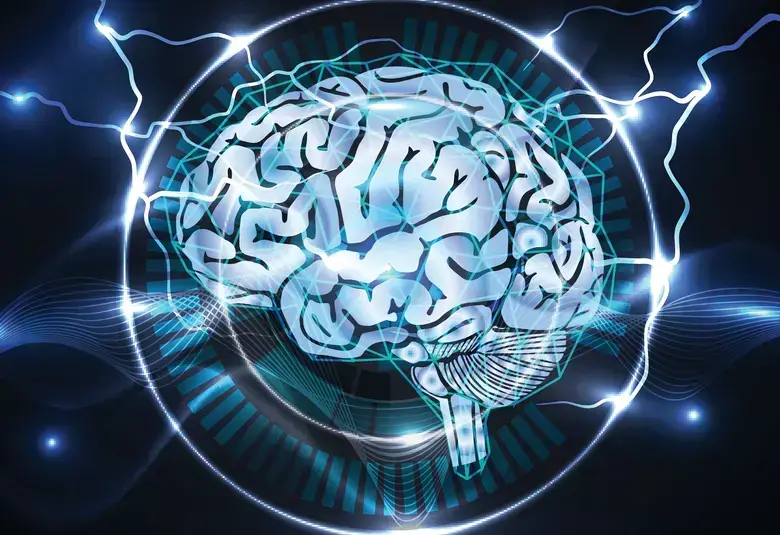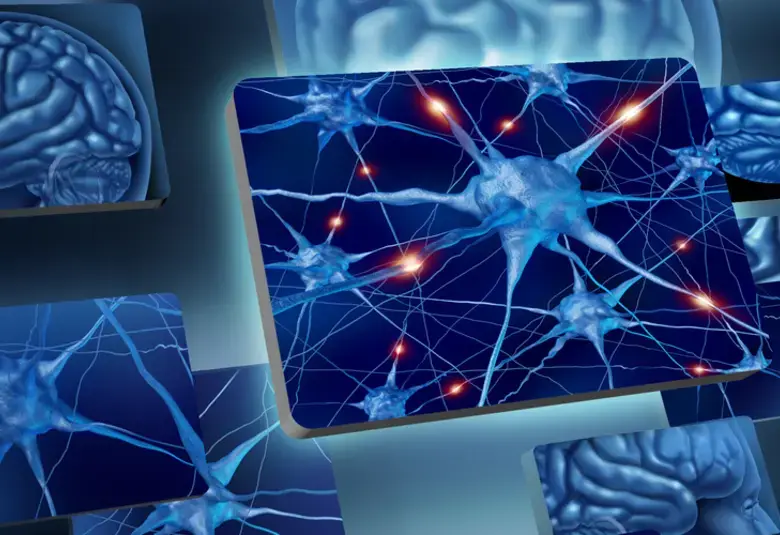In the intricate landscape of mental health, the coexistence of depression and ADHD presents a unique and challenging interlace. Individuals grappling with both conditions often find themselves navigating a complex journey that intertwines the characteristic symptoms of each disorder
In the intricate landscape of mental health, the coexistence of depression and ADHD presents a unique and challenging interlace. Individuals grappling with both conditions often find themselves navigating a complex journey that intertwines the characteristic symptoms of each disorder. This article aims to shed light on the interplay between depression and ADHD, exploring the challenges faced by those affected and offering insights into coping strategies and support.
Understanding Depression and ADHD:
Depression and Attention Deficit Hyperactivity Disorder (ADHD) are distinct mental health conditions, yet they can frequently co-occur, complicating the diagnostic and treatment processes. Depression, characterized by persistent feelings of sadness, hopelessness, and a lack of interest or pleasure in activities, can affect anyone, regardless of age or background. On the other hand, ADHD, marked by difficulties in sustaining attention, impulsive behaviors, and hyperactivity, is commonly identified in childhood but can persist into adulthood. 1
Stigma and misconception – Living in the shadow of labels:
ADHD is often misunderstood as a developmental disorder which occurs only during childhood. The hidden truth is that most difficulties can extend into adulthood, particularly the deficits in attention and impulse control.2 ADHD can present as a spectrum of challenges which range from mild, moderate to severe, based on the functional impairment which an individual suffers from. The individuals who suffer from mild ADHD often go under the radar and miss the chance to receive the deserved treatment, whilst being labeled as the difficult group who is “lazy and naughty”.3 Once the difficulties are brought silently upon adulthood, the affected individuals face inability to sustain an employment or a stable relationship, owing to the challenges in attention and impulse control.
The Relationship Dynamics – The dual challenges:
The relationship between depression and ADHD is bidirectional, with each condition influencing and reinforcing the other. When depression and ADHD converge in an individual, the combined impact can be profound and compounded.
The relationship between depression and ADHD is bidirectional, with each condition influencing and reinforcing the other. When depression and ADHD converge in an individual, the combined impact can be profound and compounded.
For instance, the challenges of managing ADHD symptoms can contribute to a heightened risk of developing depressive symptoms. 1,2 The perpetual struggle to concentrate, complete tasks, and maintain relationships can erode self-esteem and amplify feelings of worthlessness — a hallmark of depression.
The perpetual struggle to concentrate, complete tasks, and maintain relationships can erode self-esteem and amplify feelings of worthlessness — a hallmark of depression.
Conversely, the emotional weight of depression can exacerbate ADHD symptoms. A lack of motivation and pervasive feelings of sadness may intensify difficulties in initiating and sustaining tasks. The dual burden can create a vicious cyclical pattern, where one condition perpetuates and reinforces the other, making it challenging for individuals to break free from this complex chain.
Challenges in Diagnosis:
Diagnosing and treating depression and ADHD concurrently present unique challenges. The overlap in symptoms, such as fatigue, lack of motivation, difficulty in concentrating, and changes in appetite, can make it challenging to distinguish between the two conditions. Additionally, individuals with ADHD may be more prone to experiencing rejection-sensitive dysphoria — a heightened emotional response to perceived criticism or rejection — which can mimic the emotional symptoms of depression. 1,2
Misdiagnosis is not uncommon. The combination of ADHD and depression often receive various diagnoses such as bipolar disorder and borderline personality disorder, before able to get a glimpse of the right diagnoses and hence treatment. It underscores the importance of a comprehensive assessment by mental health professionals with an open mindset, to reduce the chances of misdiagnosis. A thorough evaluation should consider the nuanced interactions between ADHD and depression, ensuring that both conditions are identified and addressed appropriately, in both children and adult population.
The combination of ADHD and depression often receive various diagnoses such as bipolar disorder and borderline personality disorder, before able to get a glimpse of the right diagnoses and hence treatment.
Treatment Approaches:
Traversing the dual challenges of depression and ADHD requires a tailored and multidimensional approach to treatment. While medication may be a component of the treatment plan, psychotherapy plays a crucial role in helping individuals develop coping strategies and address the underlying issues associated with both conditions.
- Cognitive-behavioral therapy (CBT) has shown efficacy in treating depression and ADHD simultaneously. CBT helps individuals identify negative thought patterns, develop coping mechanisms, and improve problem-solving skills. It can be particularly beneficial in breaking the cycle of self-esteem erosion and negative thinking perpetuated by the coexistence of these conditions. 2
- Psychodynamic psychotherapy can assist individuals to gain more insight from their subconscious thoughts, emotions, and actions, while reconnecting them to the past shadowing trauma. It can repair the weakened sense of self and relationship patterns – especially valuable for individuals who wrestle with ADHD and depression chronically.
- Occupational therapy can be effective by incorporating cognitive remediation therapy, organizational skills training, relaxation therapy and social skills training to improve ADHD and depressive symptoms in domain-specific approaches. 1
- Medications such as antidepressants or stimulants may be warranted to assist the affected individuals to strive through the challenges more swiftly and comfortably. 2
- Lifestyle modifications, such as regular exercise, a balanced diet, and sufficient sleep, can also contribute to managing symptoms more wholistically.
- Support networks, including friends, family, and mental health professionals, play a pivotal role in providing understanding, empathy, and assistance in navigating the challenges posed by depression and ADHD.
The Importance of Self-Care:
Self-care becomes a cornerstone for individuals managing both depression and ADHD. Establishing routines, setting realistic goals, and incorporating mindfulness practices can contribute to a more stable and supportive environment. It's essential for individuals to recognize and prioritize their mental health needs, fostering a compassionate and understanding relationship with themselves.4
Building resilience and embracing a growth mindset can empower individuals to confront the challenges posed by the coexistence of depression and ADHD. Celebrating small victories and progress, no matter how incremental, contributes to a positive outlook and reinforces a sense of agency in managing both conditions.
Conclusion:
The intersection of depression and ADHD paints a complex picture, requiring a nuanced and comprehensive approach to diagnosis and treatment. As we delve into the intricacies of this




